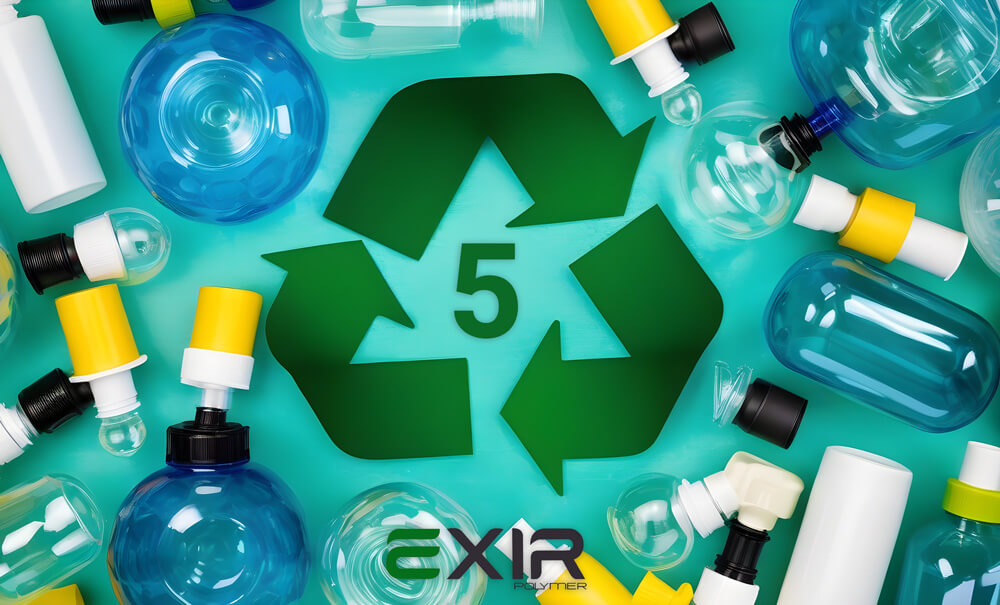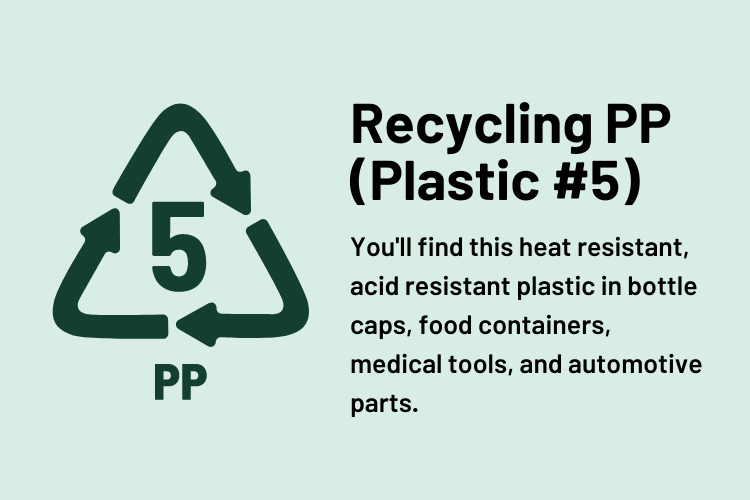Recycling PP: A Key to Reducing Plastic Waste
Recycling PP: A Key to Reducing Plastic Waste
Blog Article
As sustainability becomes a vital focus world wide, the highlight is how industries can reduce environmental impacts. Polypropylene (PP), one of the most generally applied pockets, has gained significant interest because of its potential in the round economy. With growing considerations about plastic waste, PP recycle solutions are emerging as a promising avenue for achieving sustainability targets and lowering environmental footprints.

Polypropylene is popular across various industries, from appearance to automotive areas, because versatility, power, and cost-effectiveness. But, the persistence of PP in landfills and oceans creates a significant environmental challenge. Luckily, developments in recycling technologies are giving new options to recycle PP more effectively and effectively.
One of the very most substantial developments in PP recycling may be the upsurge in technical recycling processes. Mechanical recycling requires deteriorating plastic spend into small contaminants, which will then be reprocessed in to new products. This technique supplies a more energy-efficient option in comparison to traditional plastic production. PP can be recycled multiple instances, lowering the need for virgin material removal and reducing the overall carbon footprint.
Along with technical recycling, chemical recycling systems are developing traction. Substance recycling requires breaking down plastics within their bottom substances, which may be reused to generate new plastic products. This process provides for the recycling of contaminated or combined plastic waste that would otherwise be non-recyclable through traditional methods. As chemical recycling technologies improve, they might revolutionize the way PP is prepared and recycled, making it an integral participant in the ongoing future of plastic waste management.
The raising concentrate on PP recycling can also be driving innovations in item design. Businesses are creating PP services and products which are easier to recycle by utilizing monomaterial appearance, eliminating hazardous additives, and promoting styles that facilitate the recycling process. Collaboration across industries is vital to ensuring that PP products are recyclable from the start and may be efficiently prepared at the end of their life cycle.
Furthermore, consumer consciousness and conduct play an important role in the accomplishment of PP recycling. With rising need for sustainable services and products, more individuals and businesses are getting measures to ensure PP spend is discarded correctly. Education campaigns and motivation applications may inspire better recycling techniques and help close the trap on PP waste.

Looking forward, PP recycling options are set to be at the lead of sustainable waste management. As systems improve and industries follow more rounded practices, PP can remain an invaluable source, operating both environmental and economic benefits. The ongoing future of sustainability hinges on improvements in recycling, and PP recycling alternatives will undoubtedly play a critical position in shaping that future. Report this page